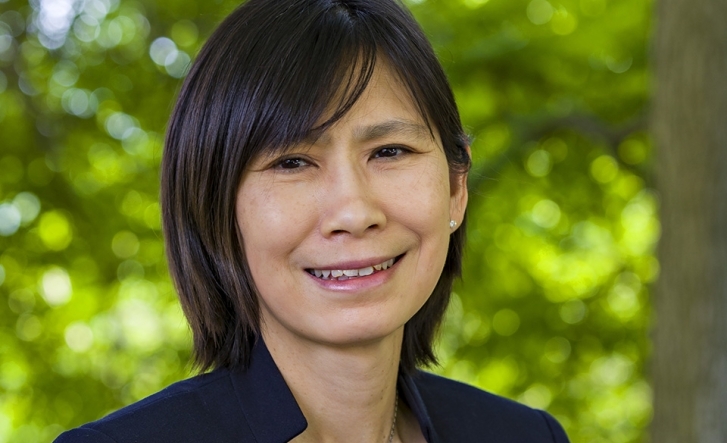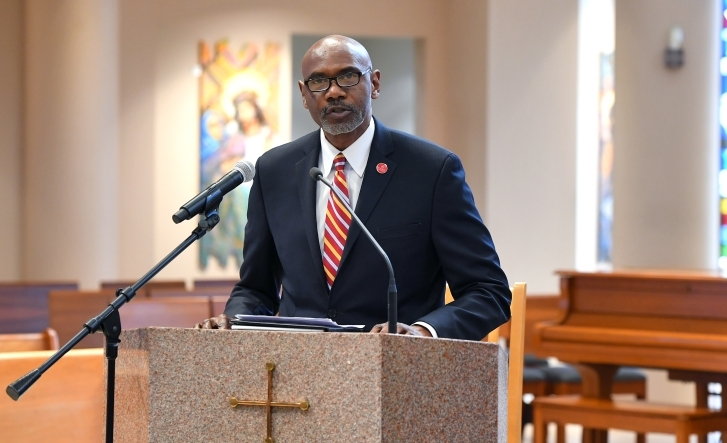Dolores L. Augustine, Ph.D.
Professor of History Dolores L. Augustine, Ph.D.’s third book, Taking on Technocracy: Nuclear Power in Germany, 1945 to the Present(Bergahn Books, 2018) has won the German Studies Association (GSA) / Deutscher Akademischer Austauschdienst (DAAD) Book Prize, one of the highest awards given to scholars in the field of German history.

In Taking on Technocracy, Dr. Augustine identifies the German abandonment of nuclear power after 1945 as one of the most successful popular revolts against technocratic thinking in modern times. She provides a historical account of this grassroots movement, showing how the democratization of scientific understanding fostered public resistance to technological risks.
The selection committee calls the book a “masterful study on the history of nuclear power in Germany since 1945. Taking on Technocracy answers the question of why, among major developed nations, Germany alone has turned its back on atomic energy... Augustine’s study is the best account of these seminal events in English; her study makes clear that the anti-nuclear movement is one of the few truly massive, grassroots movements to have succeeded. Augustine’s beautifully rich and complex argument is synthesized from an exciting variety of methodological vantagepoints and a masterful command of an impressive range of sources, encompassing oral history and individual testimony, archival documents, and media collections among others… Sure to receive a wide reception, Taking on Technocracy is a true credit to our profession and a genuine scholarly tour de force.”
Taking on Technocracy was motivated by Dr. Augustine’s growing concern for environmental issues and a desire to find models for how an informed public might effect positive change. She was particularly drawn to the German anti-nuclear power movement because it did not condemn scientific advancement but rather leveraged wide scientific literacy to make informed decisions for the public good.
“The movement to abandon nuclear power in Germany shows the importance of citizens informing themselves and weighing in on issues of technology,” said Dr. Augustine. “It also reminds us that political movements never achieve anything overnight; it takes time.”
Dr. Augustine conducted extensive research for the book including in national and provincial archives in Germany, popular magazines containing images of nuclear power, anti-nuclear brochures, police archives, and view letters to television stations among many others.
She received the award at the Annual Banquet of the German Studies Association Conference in Portland, OR on Friday, October 4, 2019.
“This is a tremendous honor and encourages me to continue my research,” she said.
Dr. Augustine is also the author of Patricians and Parvenus: Wealth and High Society in Wilhelmine Germany (Berg, 1994) and Red Prometheus: Engineering and Dictatorship in East Germany, 1945-1990 (MIT Press, 2007). She received her Ph.D. in History from the Free University of Berlin.



